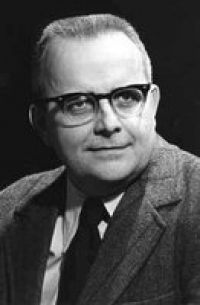Sinfelt, John
John Sinfelt (1931-) is an American chemist noted for his invention of a superior platinum-iridium catalyst, an important advancement that allowed for the cheap production of lead-free, high-octane gasoline. Lead was introduced as a gasoline additive because the use of tetraethyl lead enhanced the octane number; as a result the performance of U.S. gasoline doubled from 1955 to 1975. However, as the harmful health effects of lead compounds—which were released into the atmosphere in automobile emissions—became apparent, the federal government mandated the complete removal of gasoline lead additives by 1991. Sinfelt's research on alternate petroleum conversion chemistries allowed refiners to remove lead alkyls from gasoline years before the mandated deadline. In addition to eliminating the hazards of lead emissions, he helped develop multi-metallic catalysts for the exhaust systems of automobiles to decrease the emission of pollutants such as carbon monoxide, unburned hydrocarbons, and nitrogen oxides.
Sinfelt attended a two-room schoolhouse in a small village 25 miles from Pennsylvania State University, then attended the university, majoring in chemical engineering, and proceeded to the University of Illinois for a doctorate. He started research at Standard Oil Development Company (now ExxonMobil Research and Engineering) in 1954 on improving the platinum catalysts that Vladimir Haensel had pioneered at the Universal Oil Products Company for the production of gasoline.
